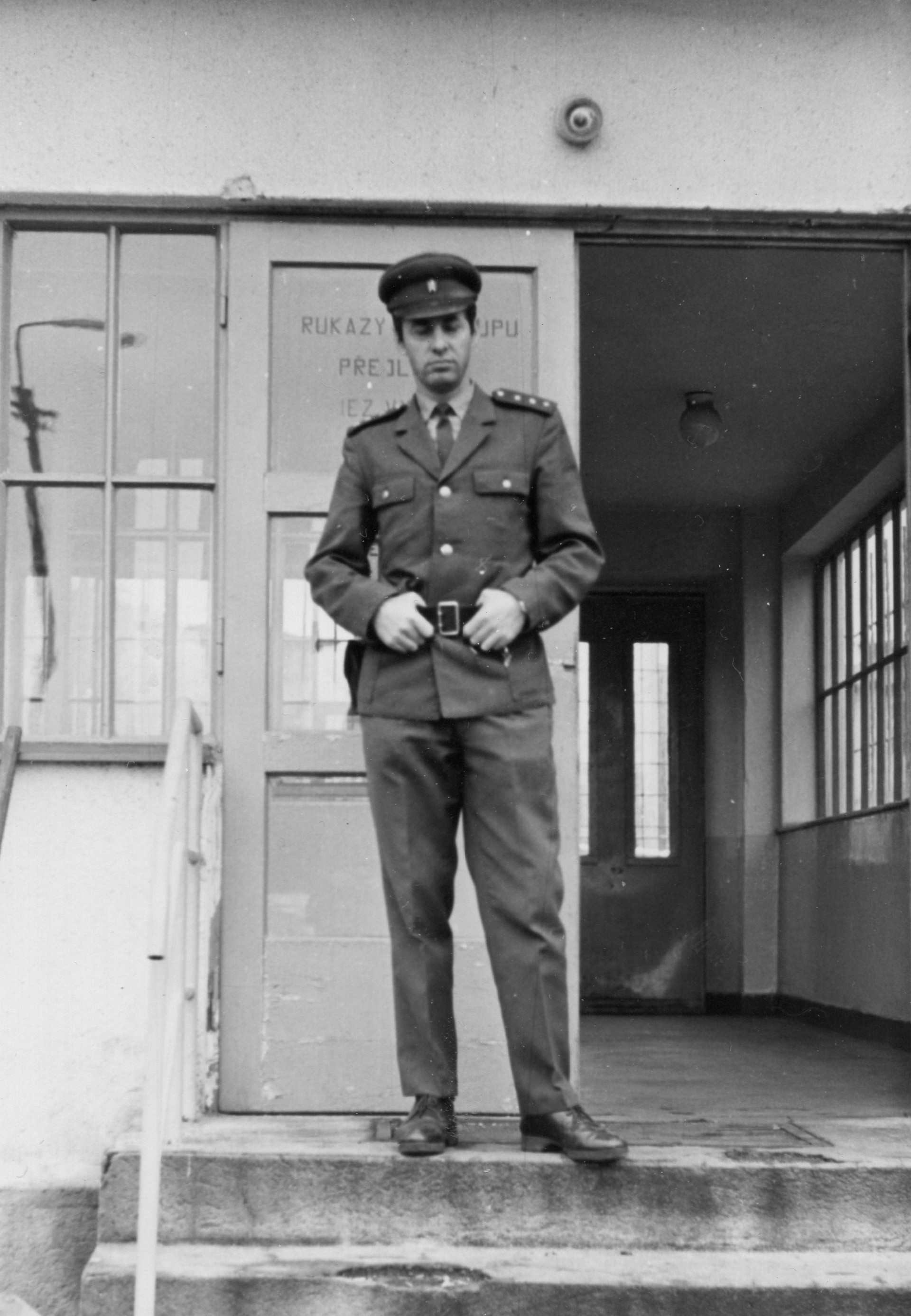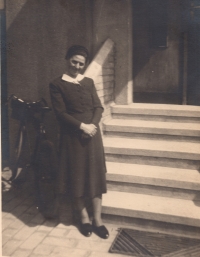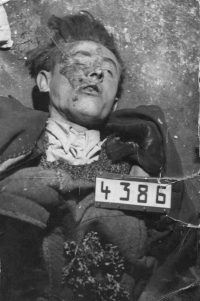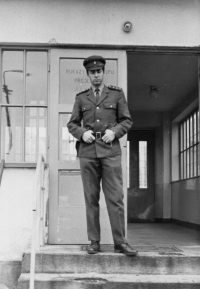I was sworn in, I had to shoot

Download image
Miroslav Valter was born on December 7, 1941, in Prague to a family of a car mechanic. During the Prague Uprising, he lost his father, Miroslav Valter Sr., who was shot by members of the Armed SS on May 7, 1945. His mother soon found a new partner, Ukrainian Michal Popovič, who came to Prague with the Svoboda’s Army. In the fall of 1945, the family left for the West Bohemian Sudetenland, where they moved to several different residences, including Teplice, Kyselka near Karlovy Vary and Radošov. Miroslav Valter trained as a toolmaker in Nejdek and completed basic military service with radio technicians in Božice and Chrudim. He worked as a maintenance worker at the West Bohemian Springs in Kyselka and the Military Forests and Estates. In 1973, he joined Vykmanov prison as a warden. Half a year after starting, a prisoner attempted to escape while he was on duty at the watchtower. Miroslav Valter shot at the prisoner multiple times, but he still managed to escape. He worked in the prison until 1996, usually as a supervisor of the prisoners’ work in the boiler house. According to his words, he had good relations with the convicts and treated them fairly. As a result, he was trusted during the post-November 1989 prison riot and also passed checks. After his retirement, he worked in a locksmith shop in Ostrov nad Ohří and as a porter in Škoda factories.


